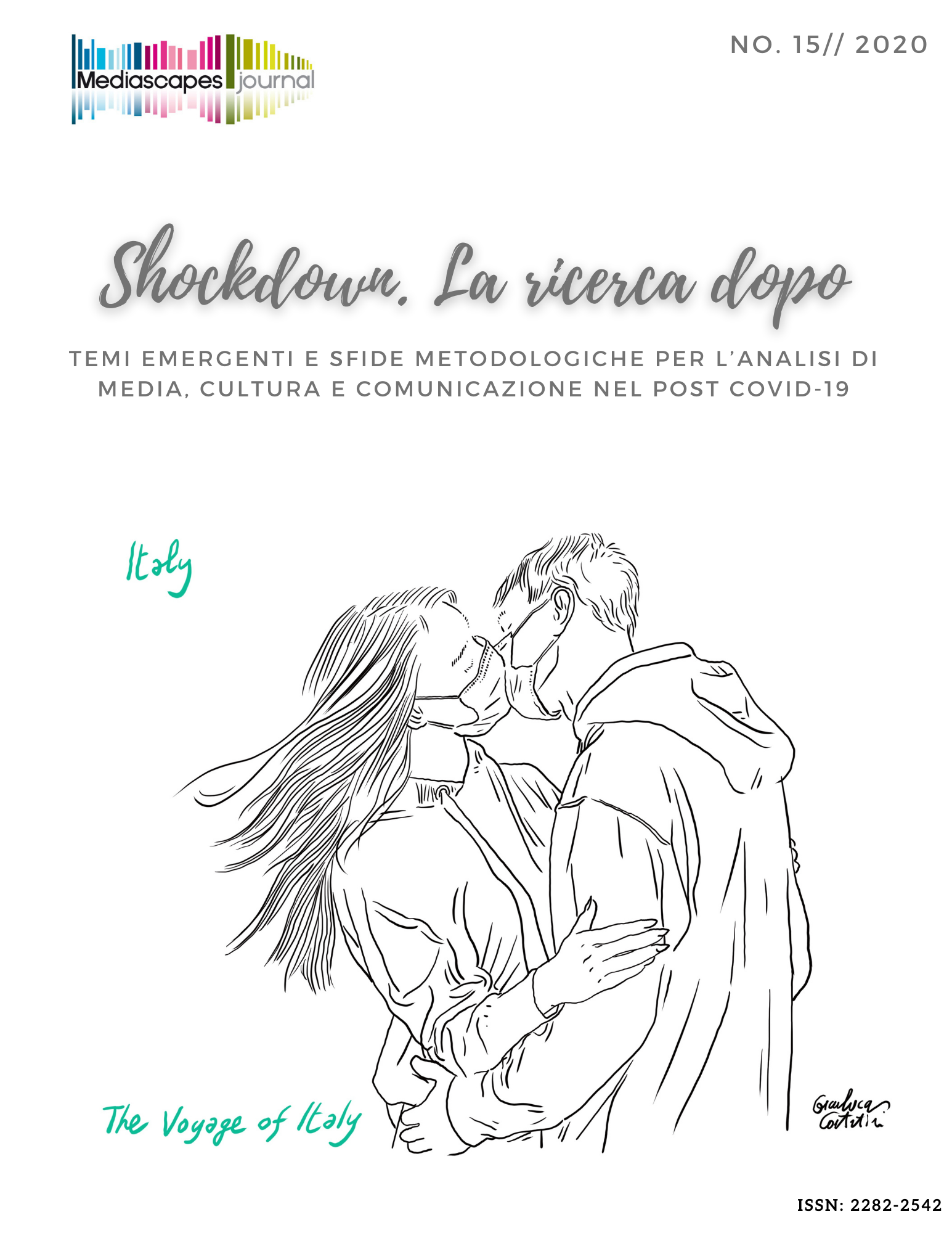L’impero della burocrazia. Una riflessione su istituzioni, emergenza e formazione a partire dall’epidemia di COVID-19
Keywords:
, emergenza, burocrazia, formazione, comunicazione pubblicaAbstract
Starting from the Covid-19 emergency and using a long-term analysis perspective, the article aims to demonstrate that, especially in Italy, a country characterized by a chronic mutual distrust between rulers and citizens: 1. The state of exception, institutionalized in a state of emergency, is not the turning point towards totalitarianism or a police state; rather, it is the condition of normality of democratic systems with personalistic guidance and with a deficit of institutional legitimacy. 2. The control society is not the primary objective of power but an obligatory collateral effect when the emergency becomes its main source of legitimacy. 3. The institutionalization of the emergency is not the tool for recovering a strong autonomy of politics; on the contrary, it accelerates the transfer of power from politicians to technicians and bureaucratsIn the final part of the article it is suggested that only through a radical transformation of educational systems and teaching practices, it will be possible to imagine new forms of citizenship capable of rebuilding trust between institutions and citizens; and new forms of political action that no longer need emergencies as the only source of legitimacy.
Downloads
Published
How to Cite
Issue
Section
License
Mediascapes Journal is published under a Creative Commons Attribution Licence 4.0.
With the licence CC-BY, authors retain the copyright, allowing anyone to download, reuse, re-print, modify, distribute and/or copy their contribution. The work must be properly attributed to its author. It should be also mentioned that the work has been first published by the journal Anuac.
Having published these contributions for the first time, Mediascapes Journal will have the right to publish them integrally or partially as reprints or possibly as part of a thematic issue, in both digital and printed format.
It is not necessary to ask further permissions both to author or the journal.


